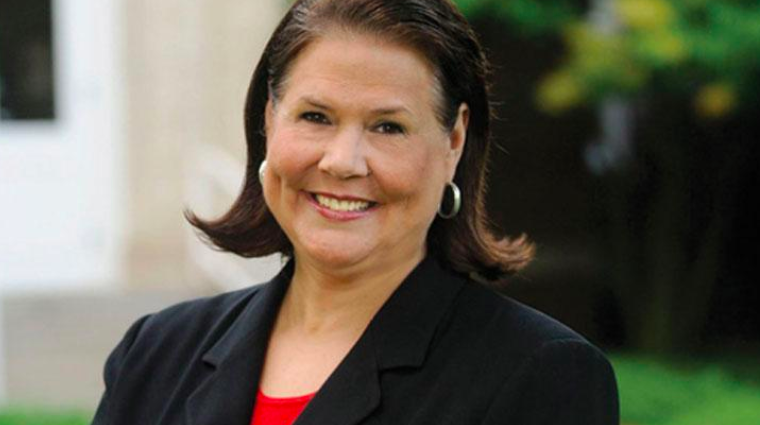College to take holistic approach in admitting future students
April 18, 2019
Simpson College is taking a more holistic approach to admissions.
Starting with applicants for the fall 2020 academic school year, students with a cumulative GPA of 3.25 or higher may choose to apply without submitting their SAT or ACT scores.
For many students, standardized test scores may be valuable information in assessing college readiness.
Students with a 3.25 or higher GPA, may choose to submit other information that could be a better representation of their abilities, potential and preparation for college.
Starting in early October, the President’s Committee for Diversity and Inclusion was appointed a task force to research and study test optional policies.
Deb Tierney, vice president for enrollment, said the task force researched how policy could be implemented at Simpson and used institutional data to guide in creating the policy.
The members of the task force are a mixture of staff and faculty of various areas from student development to admissions and financial aid.
Members of the task force include Tracy Dinesen, Patti Woodward Young, Carolyn Dallinger, Amy Doling, Don Evans, Matt Jeter, Marzia Corni-Benson, Dave Williams, Kelsey Ritchey and Tracie Pavon.
The recommendation for a task force was presented at the faculty admissions committee and endorsed at the March 15, 2018, faculty meeting.
Tierney said an analysis of institutional data provided the benchmark for this new policy.
“Students with a 3.25 or higher cumulative GPA who feel their coursework, grades and classroom performance are a better reflection of their academic abilities may consider the test optional pathway,” Tierney said.
Test scores will be required for homeschooled and international students.
This change was unexpected, but Tierney said Simpson has always believed in the holistic review of application for admission.
“The consideration of test scores in the college admission process can be of value but there is a growing movement among colleges and universities to consider other measures in the evaluation of candidates for admission,” she said.
Over 1,000 colleges and universities have adopted test optional policies.
The college’s Diversity, Equity and Inclusion Strategic Plan also includes a recommendation to identify metrics for admission and scholarships to complement or replace SAT or ACT requirements.
National research supports the finding that high school core GPA and the breadth and rigor of coursework is the strongest predictor of college success.
“Our holistic evaluation considers the coursework and grades earned in those courses as well as the high school profile to assess how the applicant took advantage of the academic opportunities at their school,” Tierney said.
The work of the task force also identified opportunities to refine and enhance the information collected for the holistic review of all applicants.
Simpson is not doing away with merit based scholarships. All students will still be considered for merit aid.
Because of the competitive nature of the top two scholarships, those awards will still require test scores for consideration.
Also, the Simpson Promise is here to stay.
Simpson hopes this policy may remove barriers for some students and increases access to a Simpson education.
“The policy is designed in such a way that it widens the applicant pool by encouraging academically qualified applicants who may not be considering Simpson at this time,” Tierney explained. “For all applicants, we will continue with our commitment to the holistic review of applications which will include the entire academic record as well as life experiences including co-curricular and community involvement.”







